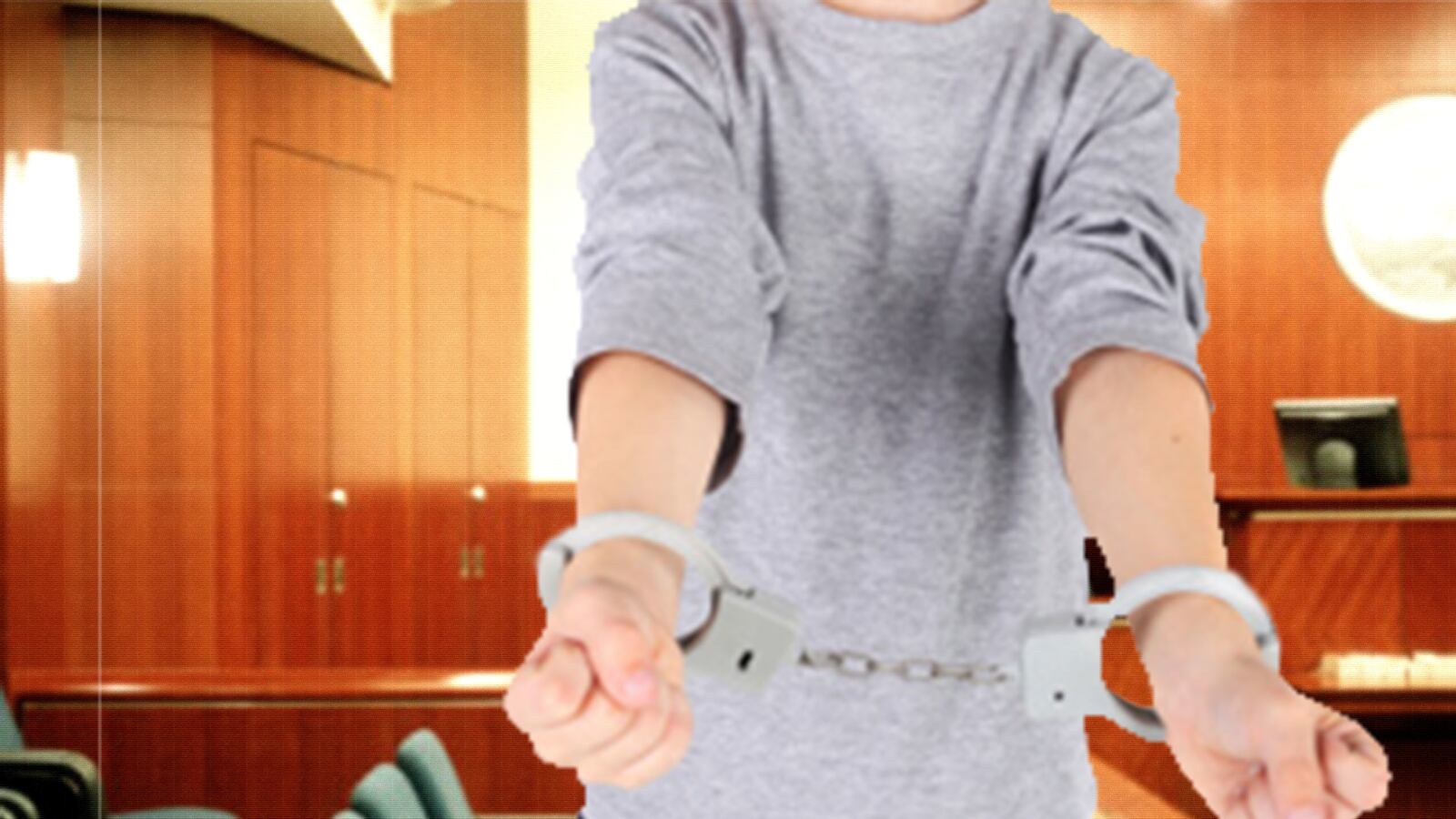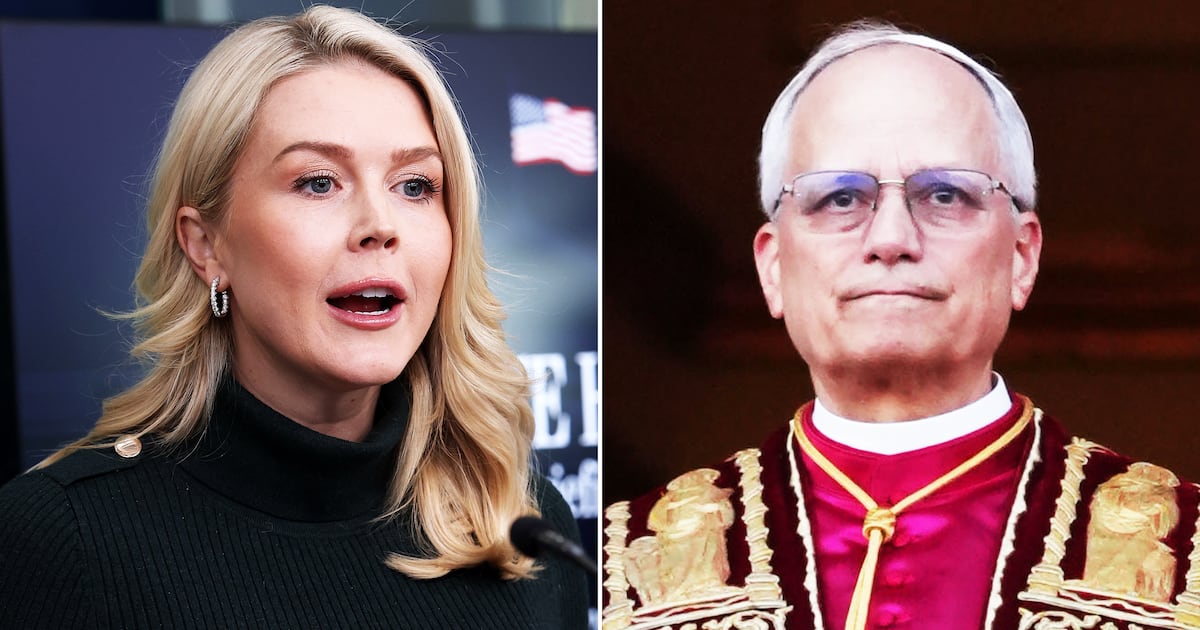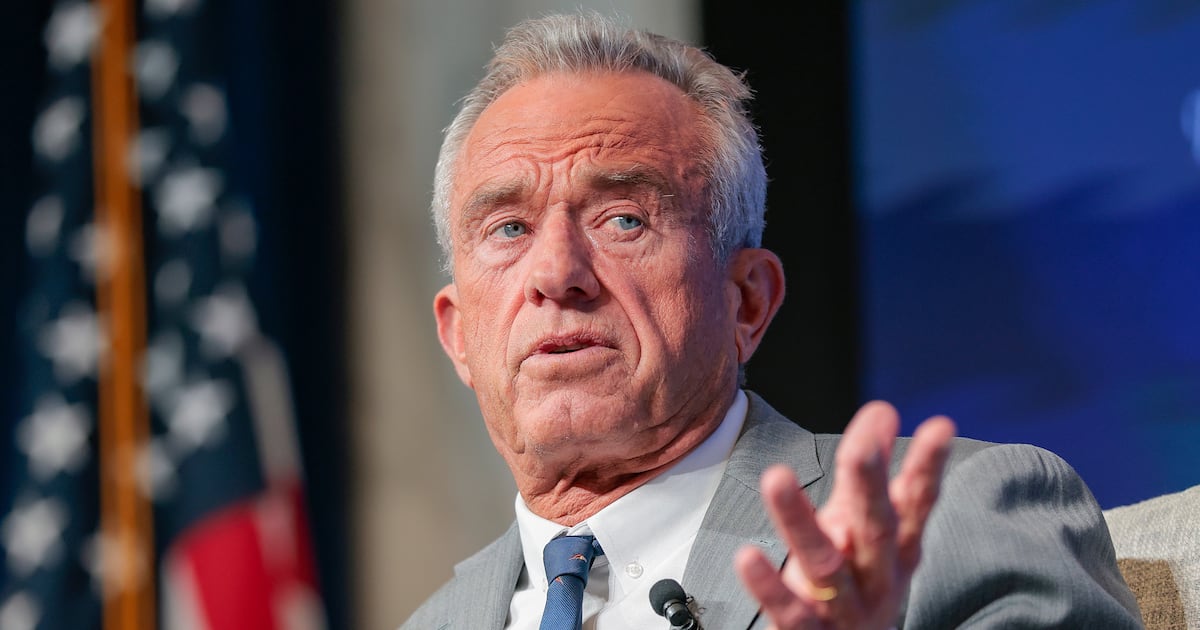If Pennsylvania had set out to intentionally highlight the glaring defects in the U.S. juvenile justice system, it couldn’t have picked a better case than one initiated this week in rural Wayne County.
On Monday, prosecutors there charged a ten-year old boy as an adult for the murder of an elderly woman under the care of his grandfather—making him one of the youngest Americans ever to face a criminal homicide conviction.
According to an affidavit provided by the Wayne County District Attorney’s office (pdf), Tristen Kurilla, a fifth-grader who celebrated his tenth birthday in July, confessed to beating 90-year old Helen Novak with his fists and choking her with a cane after she yelled at him to leave her room. Novak died shortly after the assault. On Monday, Kurilla was arraigned on charges of criminal homicide and aggravated assault. He is currently being held without bail in a segregated area of Wayne County Correctional Facility away from other inmates.
By mid-week the story had made the rounds of the national media—with headlines in a number of major outlets focusing on the age of the defendant and the callous brutality of his crime. But youth advocates tell The Daily Beast that the details of the case are secondary to what it says about the lengths the U.S. still has to go in its treatment of juvenile offenders.
“There is no other country in the world that would treat a child as an adult,” said Robert Schwartz, co-founder and executive director of the Juvenile Law Center (JLC) in Philadelphia. “Social science has taught us that kids who are this young are not criminals in the same way that adults are. He has to be held accountable, yes, but in a developmentally appropriate way.”
Like many other ill-conceived criminal justice policies, the push to begin trying juveniles in adult court began in the 1990s, as state legislatures enacted a series of “get-tough” laws in response to a perceived epidemic of youth crime. Congress got into the act in 1998, passing a series of measures that tied federal grant money to the passage of state laws requiring defendants over the age of 14 charged with serious offenses be adjudicated as adults, according to the Sentencing Project.
“Pretty much every legislature changed their juvenile laws to push more kids into the adult system,” said Marsha Levick, JLC’s deputy director and chief counsel. “The speculation that was widespread at the time was that given the stark increase in crime rates we were looking at a generation of juvenile ‘super-predators.’ That proved not to be true.”
Nonetheless, every state in the nation now has some process for transferring juvenile cases to adult court; estimates place the number minors tried annually in adult criminal court at more than 250,000.
At least two dozen states have statutory exemptions requiring all homicide cases to begin in adult court, but almost all of them include age thresholds (typically between 13 and 15) on criminal prosecution. Only in three states—Pennsylvania, Nevada and Wisconsin—can a ten-year old be tried as an adult.
Since the Supreme Court banned capital punishment for juvenile defendants in 2005, slow progress has been made reversing some of the more critical flaws in the system. Prior to 2012—when the court ruled in U.S. v Miller that automatic life without parole for offenders under the age of 18 violates constitutional restrictions on cruel and unusual punishment—Kurilla would be facing the prospect of spending the rest of his life in prison if convicted.
He’s still not off the hook. Under new guidelines issued in Pennsylvania since the Miller decision, the boy now faces a minimum sentence of 25 years in prison. And a judge still has the discretion to increase that to a life sentence—which in Pennsylvania automatically carries no option for parole.
While that is unlikely to happen, the very fact that it can is a stain on the American judicial system. The U.S. remains one of only two United Nations member states that have not ratified the Convention on the Rights of the Child—which bans life imprisonment for minors. The other is Somalia.
Legal experts say trying children as adults is not only bad policy, but it raises serious competency and due process issues. Research sponsored in 2003 by the MacArthur Foundation found that more than a third of incarcerated juveniles between the ages of 11 and 13 exhibited poor reasoning about trial-related matters, and children under 14 are less likely to focus on the long-term consequences of their decisions.
“Deficiencies in risk perception and future orientation, as well as immature attitudes toward authority figures, may undermine competent decision-making in ways that standard assessments of competence to stand trial do not capture,” the authors conclude.
A new study published in the journal Law and Human Behavior finds that juvenile criminal suspects either incriminate themselves or give full confessions in two-thirds of all interrogations.
Often a suspect’s parent is their only advocate. And usually, they are ill-equipped to provide sound legal guidance.
“Parents throw away their kids’ rights too easily, not realizing that kids will often not tell the truth when adults are questioning,” said Schwartz.
Indeed, court documents show that Kurilla was brought to the Pennsylvania State Police barracks by his mother, who pretty much confessed for him. Then, after informing police that he had mental difficulties and “lied a lot,” she waived his right to an attorney and requested that troopers interview him alone.
It was then, during private questioning, that the boy reportedly said: “I killed that lady.” Still later, during a joint interview with his mother, the officer in charge of the interrogation notes that Kurilla “appeared to be having trouble answering the questions.”
According to Terrie Morgan-Besecker—a reporter for The Scranton Times Tribune who has been closely following the case— Kurilla’s attorney, Bernard Brown, called the manner in which the boy was questioned “concerning” and is planning to challenge the confession.
Brown is preparing to file a petition seeking to move the case to juvenile court, which will require a judge’s approval. If he is adjudicated as a juvenile, which seems probable given his age, the state will have to release Kurilla from custody when he is 21. We can only hope that by the time that happens he will have gotten the help he so clearly needs.






